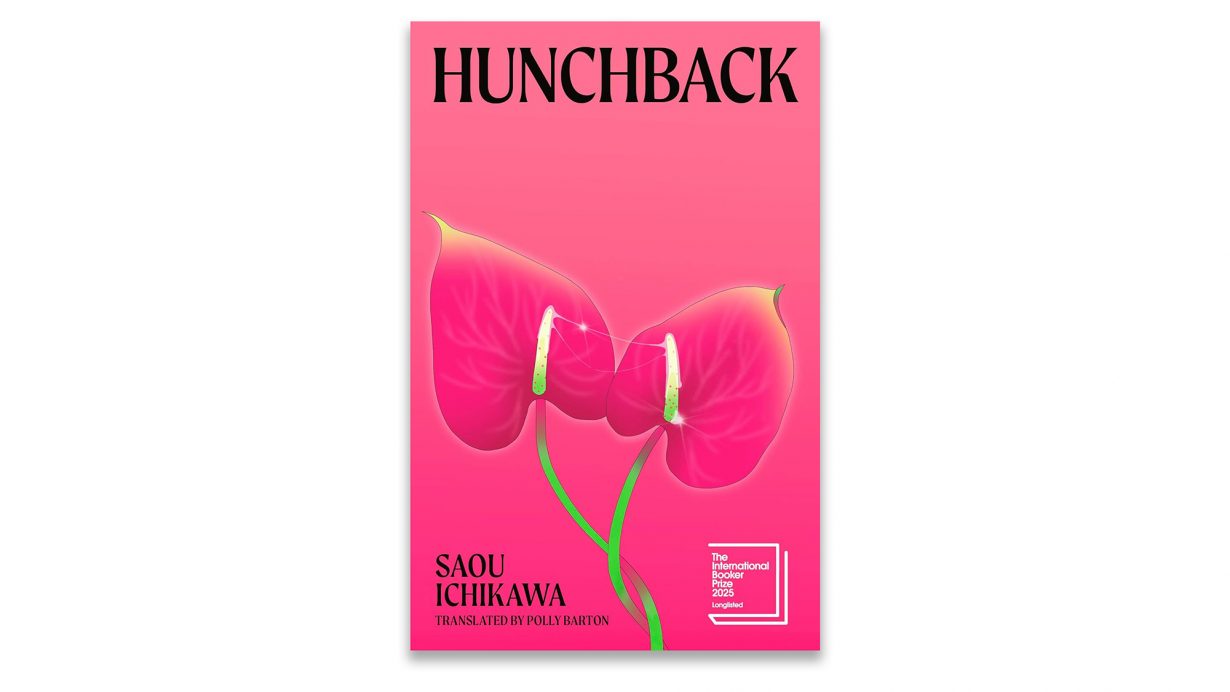This fierce modern-day novel – about a woman with a congenital muscle disorder who makes fame in erotic fiction – demands to be read and reread

Early on in this novella, its central protagonist, Shaka, reflects on the day that divided her life into a ‘before and after’: ‘For twenty-nine years now, I have been residing in Nirvana. Ever since the day that my underdeveloped muscles had prevented my heart and lungs from maintaining a normal level of oxygen saturation, and I’d grown faint and passed out by the classroom window in my second year of middle school. That makes it almost thirty years since I stopped walking outside, the soles of my shoes scraping along the pavement.’ Born with a congenital muscle disorder, Shaka is confined to a care home outside Tokyo. She is now in her forties and moves around using a Yamaha wheelchair and a portable ventilator. Her mind, though, is always working overtime: she wants to write, have sex, have babies, decide not to have babies, make the best use of the money entrusted to her by her wealthy, now deceased, parents. And somewhere in the midst of all this lies the mind-body duality that is central to what will transpire.
Shaka writes erotic fiction on various internet portals and tweets on the subject of her physical limitations, sex and her social surroundings. She often keeps these savage, searingly funny tweets on hold, letting their bite recede, in order to reevaluate their essence before deciding on whether or not to send them out into the world (anonymously). Her drafted tweets are deeply sad but also funny observations about her own life: ‘In another life, I’d like to work as a high-class prostitute,’ she writes. On a day when her regular female caretaker is on leave, Shaka has to rely on Tanaka, a young male caretaker, in order to take a shower. During their limited exchange, Tanaka reveals that he has read all her tweets and even quotes one, verbatim, back to her. Not only does this shock Shaka but also opens an opportunity for her to engage with Tanaka beyond the superficial.
Shaka is intelligent, erudite and strongly opinionated, and Hunchback is a fierce, modern-day novel that demands to be read and reread. She criticises the publishing industry’s apathy towards people with disabilities. ‘Holding in both hands an open book three or four centimetres in thickness took a greater toll on my back than any other activity,’ she says. ‘Being able to see; being able to hold a book; being able to turn its pages; being able to maintain a reading posture; being able to go to a bookshop to buy a book – I loathed the exclusionary machismo of book culture that demanded that its participants meet these five criteria of able-bodiedness.’ The book is equally filled with feminist ideas around reproductive rights, and the duties of the rich. Writing about the simple physical conveniences denied to someone with her condition, Shaka says: ‘I stopped being able to walk before they introduced automated ticket barriers, so I’ve only ever used the kind with a guy punching holes in your ticket.’ This shows the many ways in which the world around her has moved on while she cannot.
A sense of humour is evident throughout, even if it is hidden between the banal everyday descriptions of the care home in which Shaka lives and spends the majority of her days, or when making more serious points about the control of one’s own body and reproductive rights: ‘My ultimate dream’, Shaka tells us, ‘is to get pregnant and have an abortion, just like a normal woman.’ Hunchback is visceral, catatonically funny and immensely effective. Moreover, reading it made me think again about the world around me: the bookstores I shop at, the museums I visit, the film festivals I attend, and I think about how accessible they really are and about everything I take for granted.
Hunchback by Saou Ichikawa, translated by Polly Barton. Penguin, £10.99 (softcover)
From the Spring 2025 issue of ArtReview Asia – get your copy.